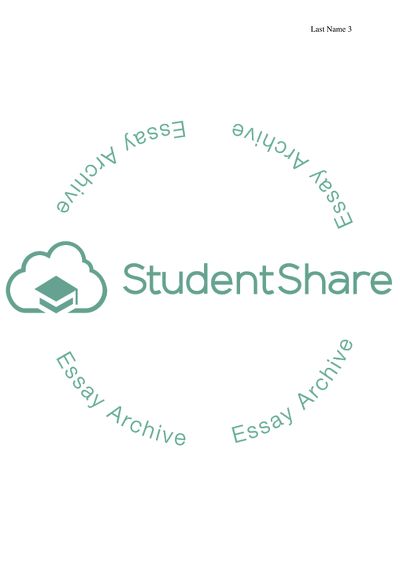Cite this document
(The Role of Germany in Developing the Syrian VET System Research Paper, n.d.)
The Role of Germany in Developing the Syrian VET System Research Paper. Retrieved from https://studentshare.org/education/1759324-the-role-of-germany-in-developing-the-syrian-vet-system
The Role of Germany in Developing the Syrian VET System Research Paper. Retrieved from https://studentshare.org/education/1759324-the-role-of-germany-in-developing-the-syrian-vet-system
(The Role of Germany in Developing the Syrian VET System Research Paper)
The Role of Germany in Developing the Syrian VET System Research Paper. https://studentshare.org/education/1759324-the-role-of-germany-in-developing-the-syrian-vet-system.
The Role of Germany in Developing the Syrian VET System Research Paper. https://studentshare.org/education/1759324-the-role-of-germany-in-developing-the-syrian-vet-system.
“The Role of Germany in Developing the Syrian VET System Research Paper”, n.d. https://studentshare.org/education/1759324-the-role-of-germany-in-developing-the-syrian-vet-system.


